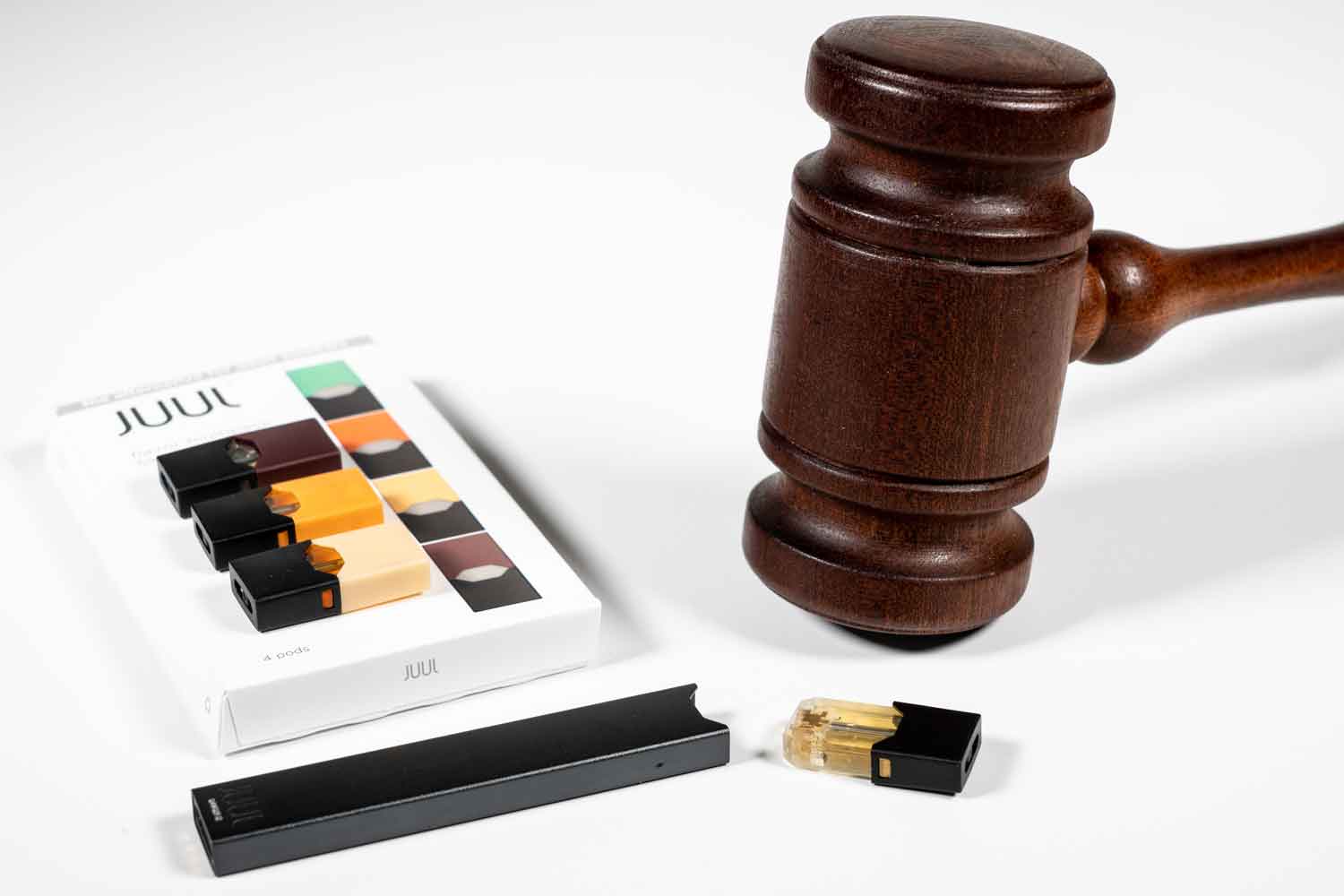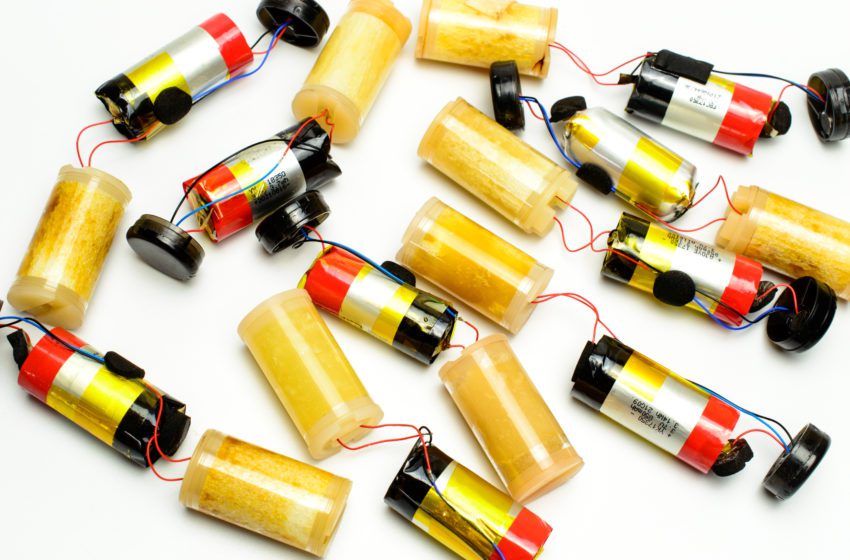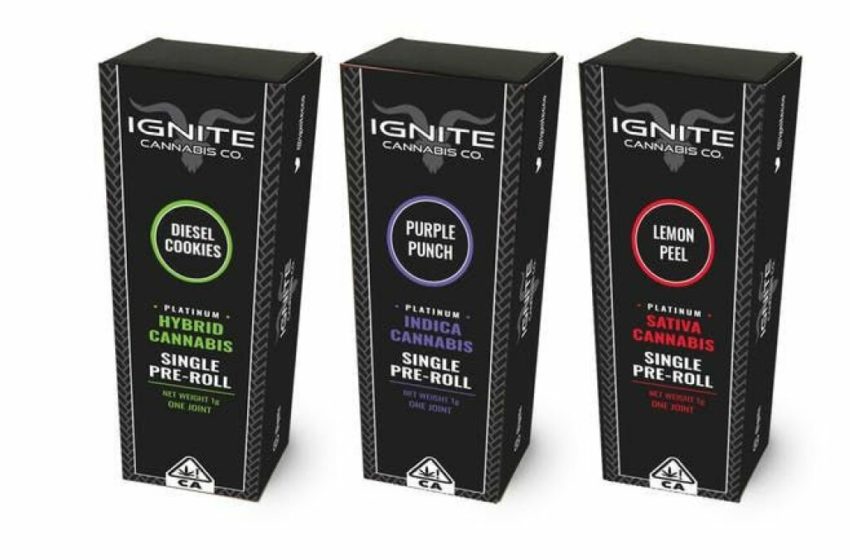
A jury in the U.S. District Court for the Middle District of North Carolina awarded Altria Client Services more than $95 million after finding that Reynolds Vapor Co.’s Vuse Alto e-vapor product infringed three Altria patents.
The jury awarded $95.23 million in past damages through June 30, 2022. Post-trial proceedings will address ongoing damages through the expiration of Altria’s patents in 2035. At trial, Altria urged the jury to find a royalty rate of 5.25 percent, which the jury accepted in returning its award of past damages.
“Patents are at the core of innovation, and we take very seriously protecting our intellectual property,” said Murray Garnick, executive vice president and general counsel of Altria, in a statement. “We are pleased that the jury recognized the importance of Altria’s innovation and the value of its patent rights.”
At issue in this case were three patents awarded to Altria Client Services by the U.S. Patent and Trademark Office based on filings dating back to April 2015. The jury found that Reynolds Vapor violated Altria’s patents covering the pod assembly used in Vuse Alto.
The case is Altria Client Services vs. Reynolds Vapor Company et al.



















